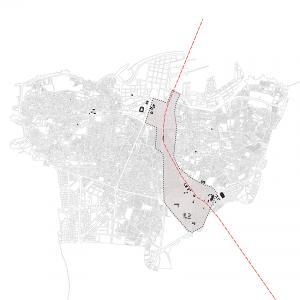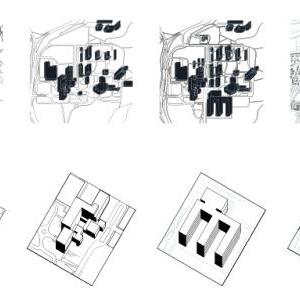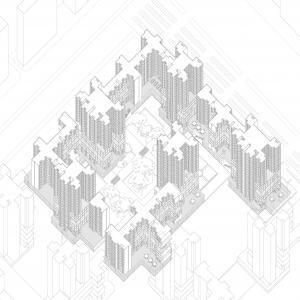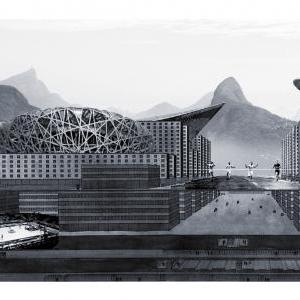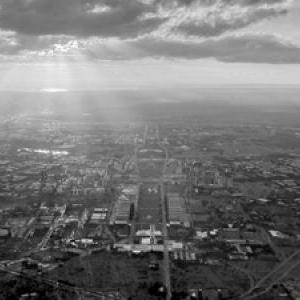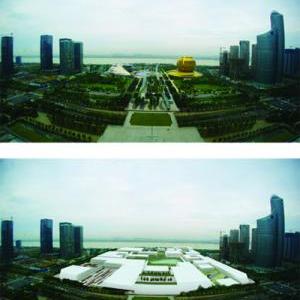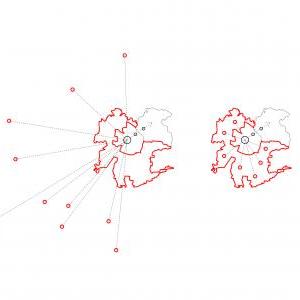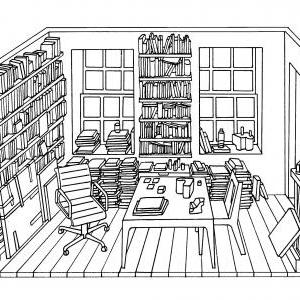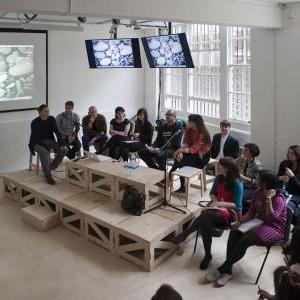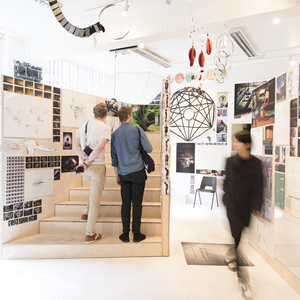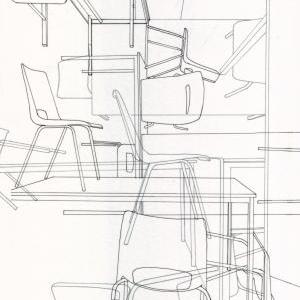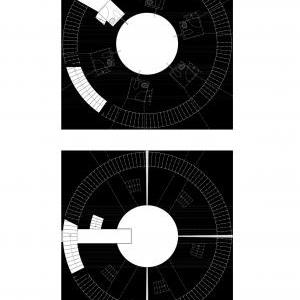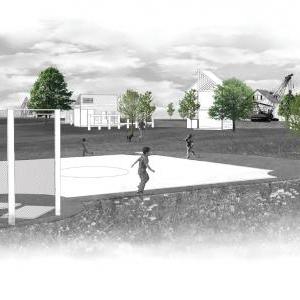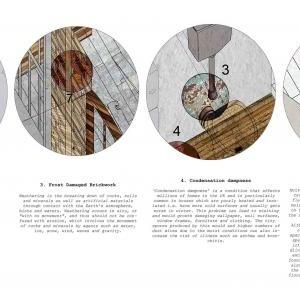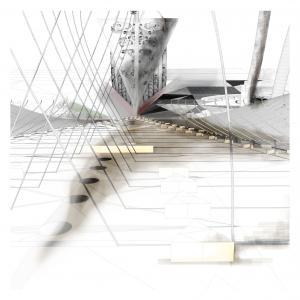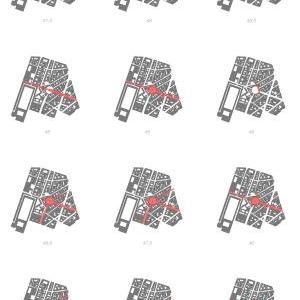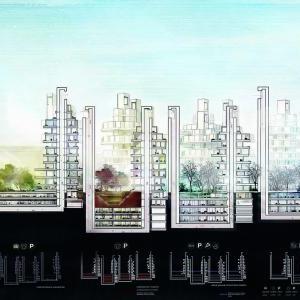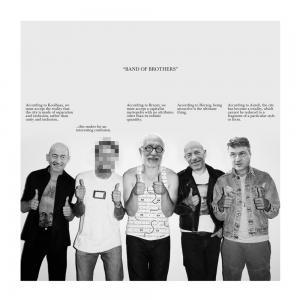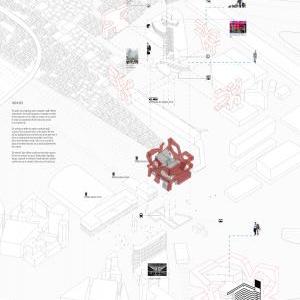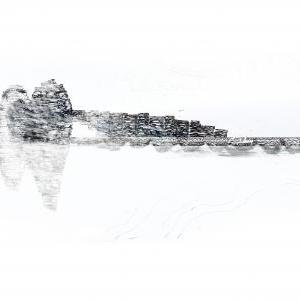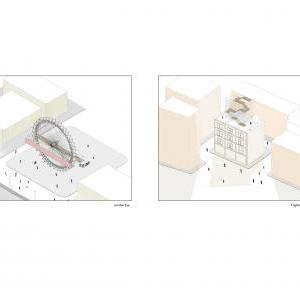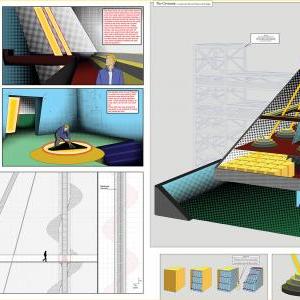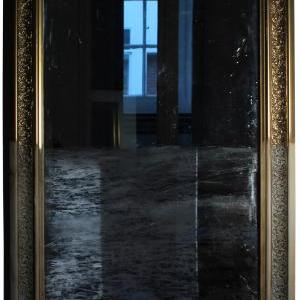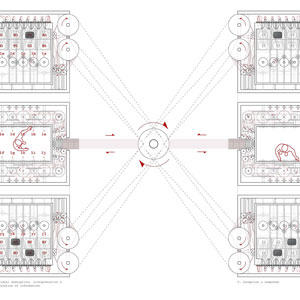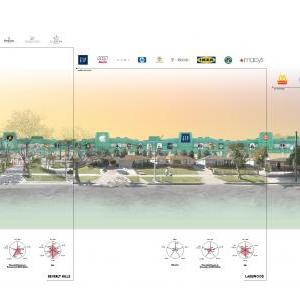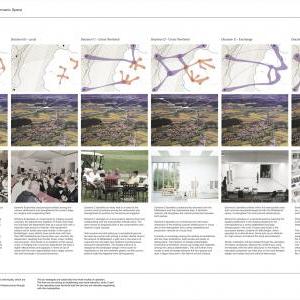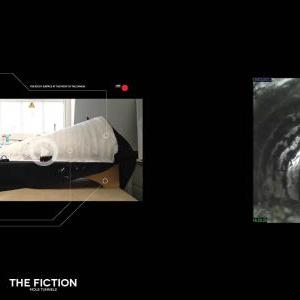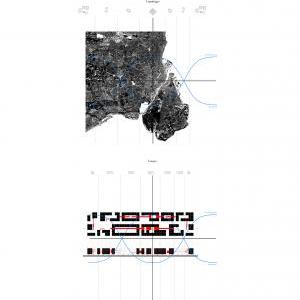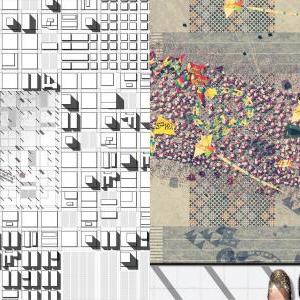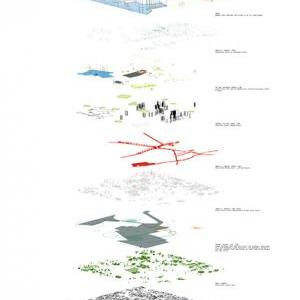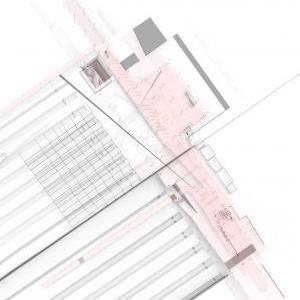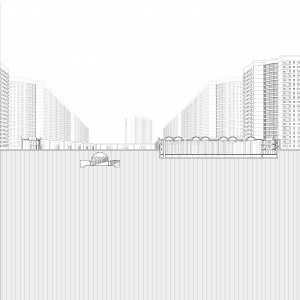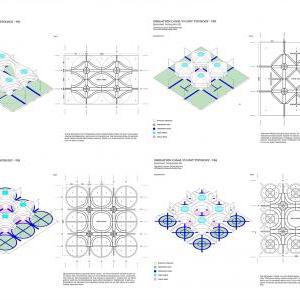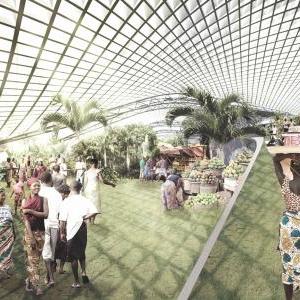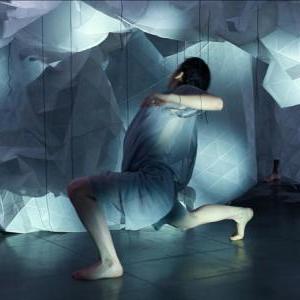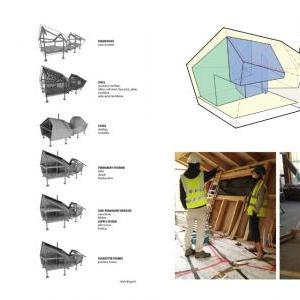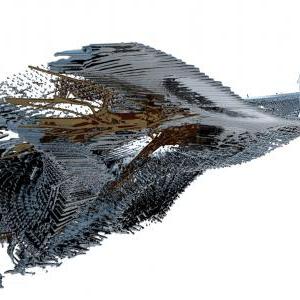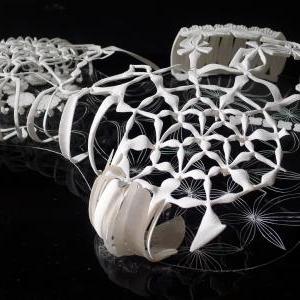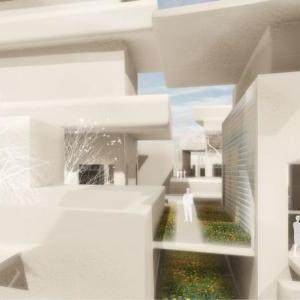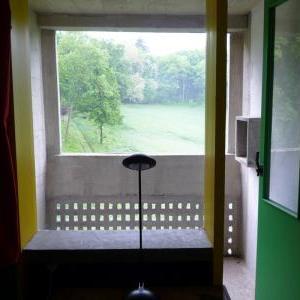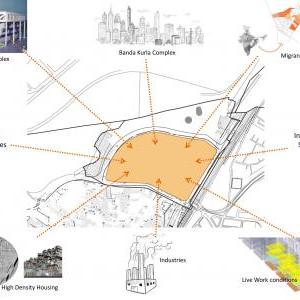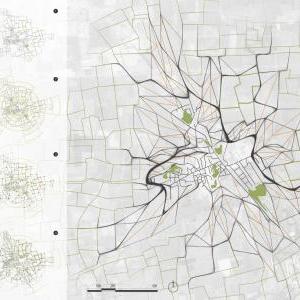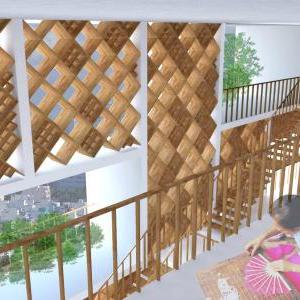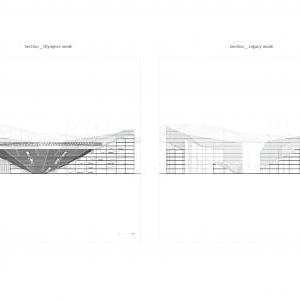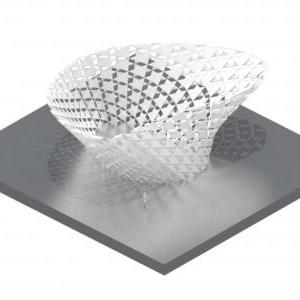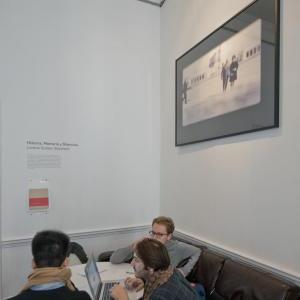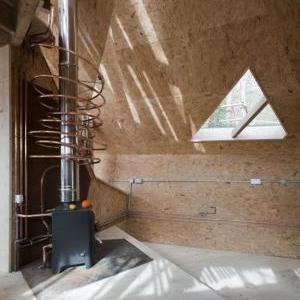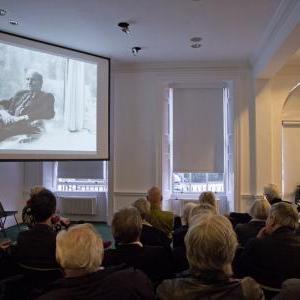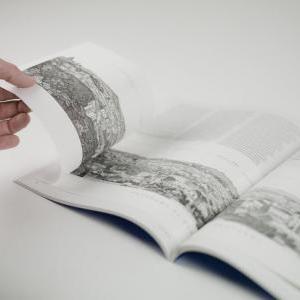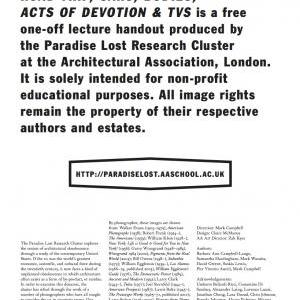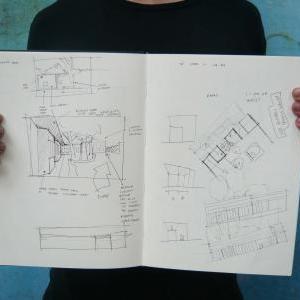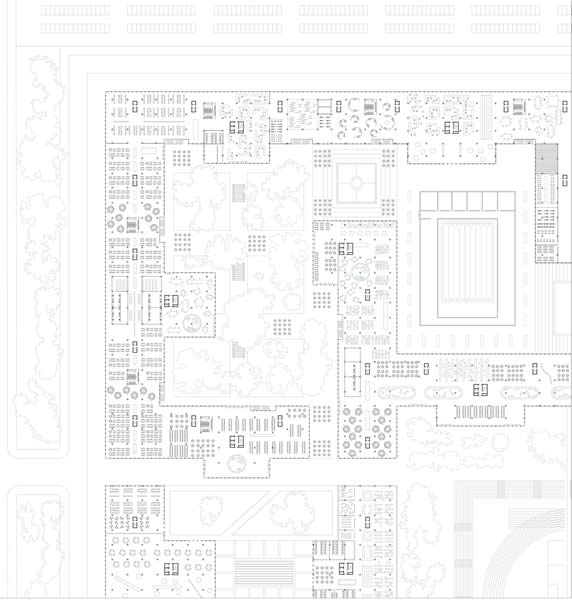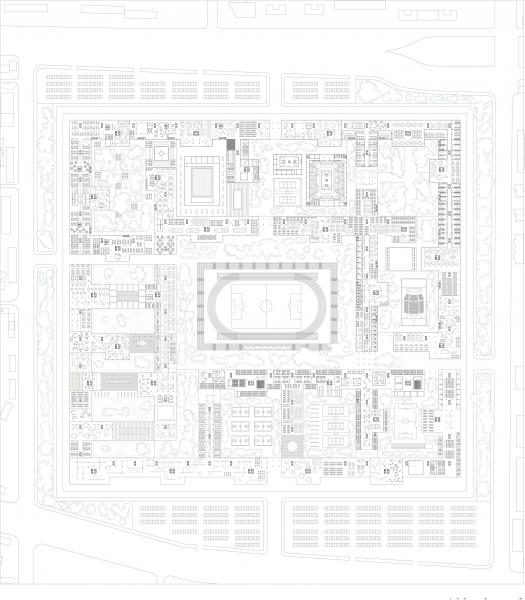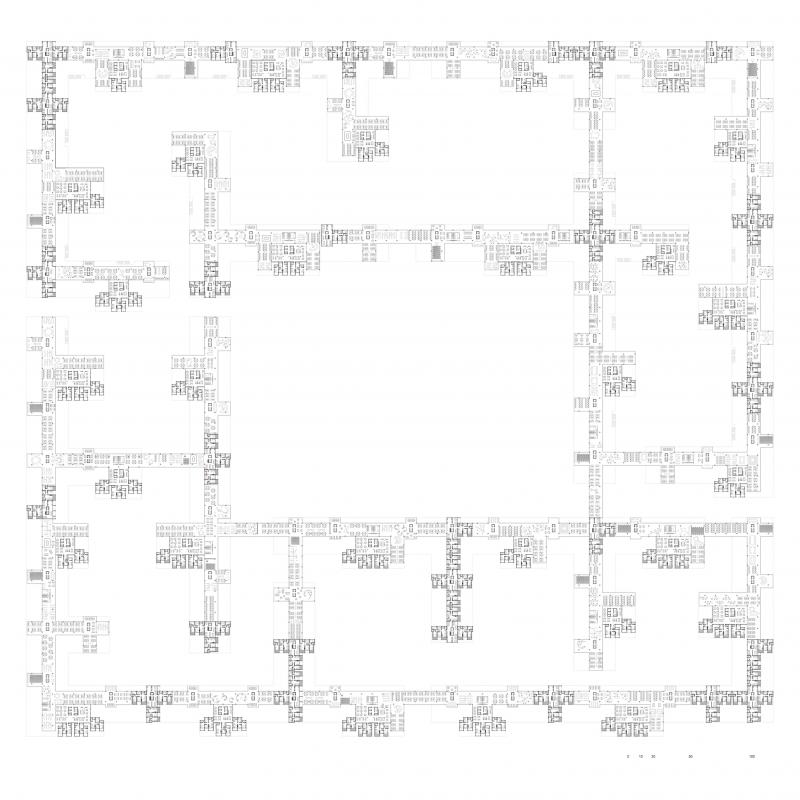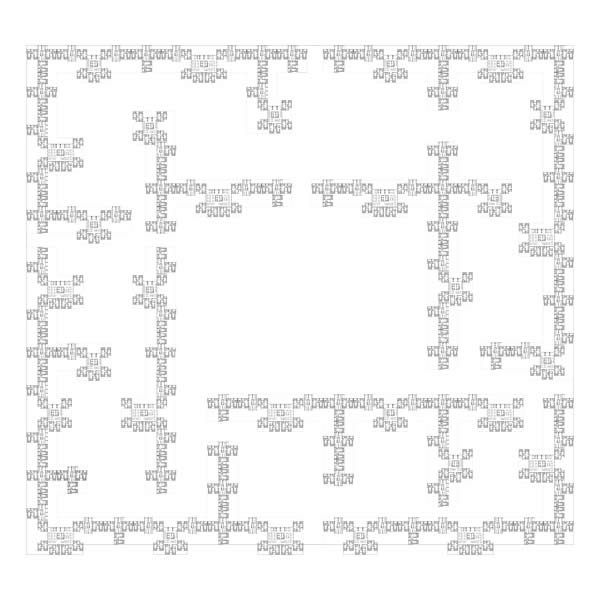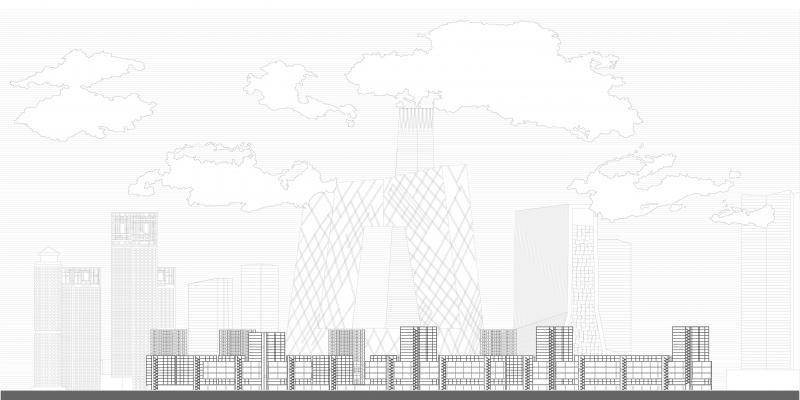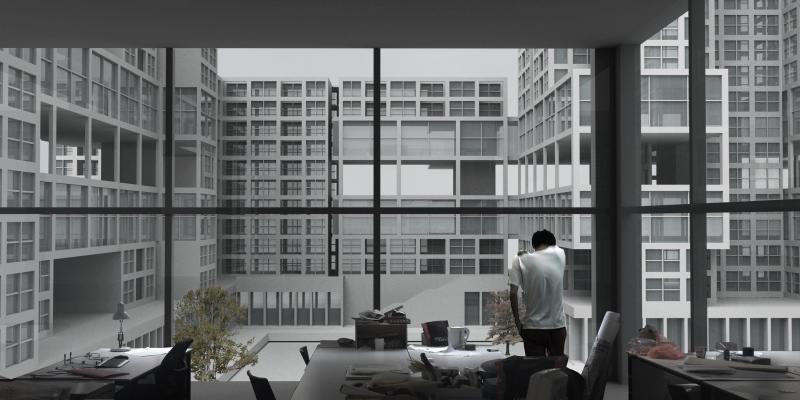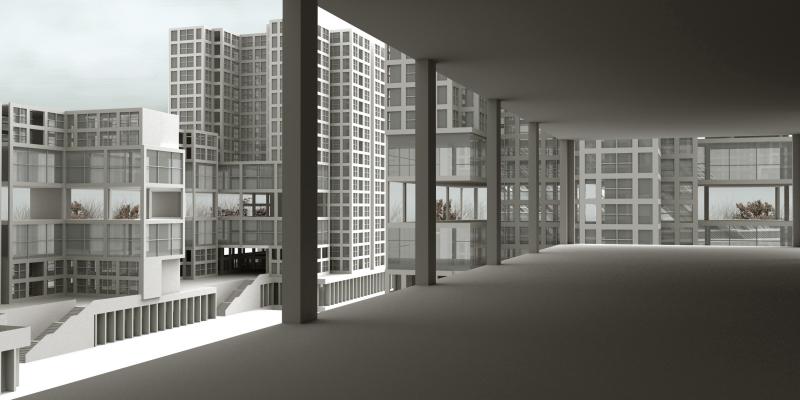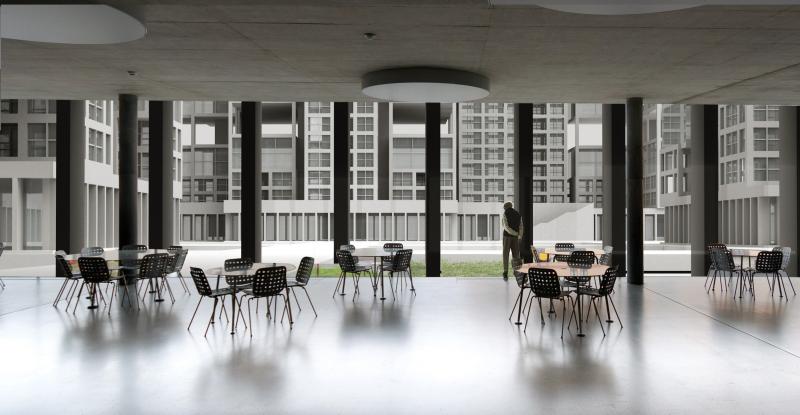Projective Cities is a taught MPhil dedicated to a research- and design-based analysis of and speculation on the contemporary city. At the core of its research project are questions arising from the often separated disciplines of architecture, urban design and planning, and the interrelations of tactical design and strategic planning. The programme therefore examines the conception and formation of the city within diverse political, economic, social and cultural contexts, and proposes that a new disciplinary knowledge emerges from this analysis.
The main ambitions of the programme are twofold: to study how ideas of the city, when framed by questions related to its built form and design, provide alternatives to current doctrines dominated by concepts of urbanisation; and to redefine the ambivalent notion of research by design with the proposal of new methodologies that synthesise theoretical and practical design research. This is both an intellectual project, clarifying the relationship between theory and design, and a practical one that explores the possibilities of design to research.
Projective Cities supports student-driven work and studies with individually defined research representing two-thirds of the programme’s 20-month duration. The programme is therefore small, intensive and divided into two phases. Phase I represents the taught part with design studios, seminar courses and workshops. During each term it introduces students to the pedagogy of the programme, provides the theoretical and practical foundations and presents the analytical research methods required to conceive, formulate and execute a research project. In Phase II, the research problems and questions of each project are developed, culminating in an original and comprehensive designed-and-written dissertation.
Programme Director
Sam Jacoby
Studio Master
Maria Shéhérazade Giudici
Studio Tutor
Max von Werz
External Thesis Advisor
Adrian Lahoud
Thank you to all our jurors. And special thanks to Alina McConnochie, Nerma Cridge and Tristan Simmonds for conducting workshops and providing technical advice, and Pavlos Philippou, Harry Francis Mallgrave, Jasper Cepl and Christopher Lee for giving guest seminars and lectures.
Yuwei Wang
The Chinese Unit
This dissertation attempts to re-strategize the relationship between the role of architecture and the idea of the city as a social space defined by the state and its citizens in China. It argues that the Chinese government should provide a more advanced welfare system that reflects its economic status and benefits all people. This welfare system is the foundation to promote a new collective idea of the city rather than solely proliferate urbanization.
The urban conflicts I focus on directly relate to the question of the citizen. I propose two ways of defining citizens. One is through the social events that compose one’s lives, whereby typical events can be regarded as the commonalities experienced by all. The other is through the social ties that one either is born into or establishes. With these definitions, the city can be read as the different scales of space within which the typical lives occur and social networks are established. However, the nature of urbanization has fragmented these spaces and stretched the social networks across the city scale. A series of urban conflicts have therefore emerged. And I argue it is impossible to solve these conflicts within a market-oriented urban context: we have to rely on the power of state.
The thesis proposes that the architectural and urban space is first and foremost a social and political construct, embodied throughout history in the Chinese urban unit. Consequently, any spatial manipulation that creates new social ties can be considered equally as a polemic strategy to form a new society. Architecture then is regarded as either a framework for social events or a framework that embodies social ties. This definition understands people’s commonalities, social ties and urban space therefore as a mechanism to criticize contemporary Chinese urbanization. In the end, a middle-scale model between the private family and the public city will be proposed, within which the typical events will be assembled and rearranged as the commonalities to rebuild an idea of collectivity.
